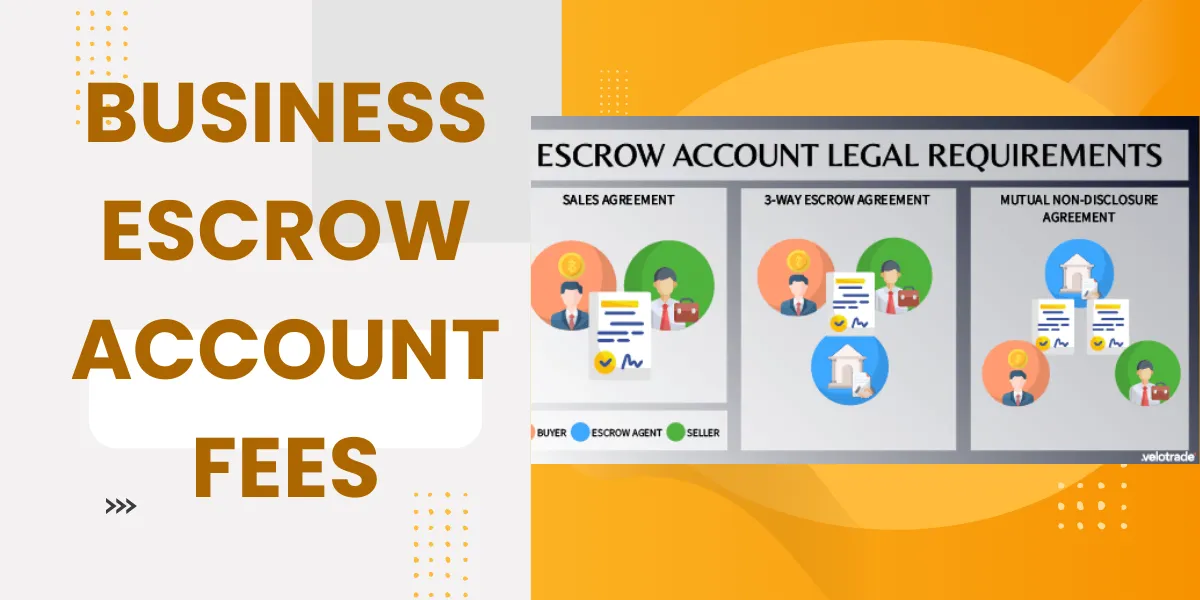Understanding Business Escrow Account Fees: A Comprehensive Guide:
In today’s complex business landscape, safeguarding financial transactions is of paramount importance. One method that businesses employ to ensure secure and transparent transactions is the use of business escrow accounts.
While the concept of escrow is well-known, understanding the fees associated with such accounts is crucial for business owners and entrepreneurs. In this article, we will delve into the world of business escrow account fees, providing you with a comprehensive guide to better navigate this vital aspect of your financial operations.
The Fundamentals of Business Escrow Accounts:
Definition and Purpose:
Business escrow accounts serve as intermediaries, holding funds on behalf of two parties involved in a transaction. These accounts provide a layer of security and trust, ensuring that both parties fulfill their obligations before the funds are released.
Key Participants in an Escrow Transaction:
Understanding the roles of the key participants in an escrow transaction is essential. Typically, these include the buyer, seller, and escrow agent. Each party plays a crucial role in the smooth execution of the transaction.

Advantages of Utilizing Escrow Accounts:
Utilizing business escrow accounts offers several advantages. These include enhanced security, protection against fraud or misrepresentation, simplified payment processing, and a streamlined dispute resolution process. Understanding these benefits can help businesses make informed decisions when considering the use of escrow accounts.
Types of Business Escrow Account Fees
Setup Fees:
When establishing a business escrow account, certain fees may apply. These setup fees cover the administrative costs associated with opening the account, verifying the parties’ identities, and setting up the necessary legal documentation. It is essential to inquire about these fees and understand what services they cover.
Transaction Fees:
Transaction fees are charged each time a transaction takes place within the escrow account. These fees typically cover the costs of processing and managing the funds during the transaction. The exact amount charged may vary based on the transaction value or a percentage of the funds involved.
Business escrow accounts are an invaluable tool for ensuring secure and transparent financial transactions. Understanding the fees associated with these accounts is crucial for businesses to make informed decisions and effectively manage their financial operations.
By familiarizing themselves with the fundamentals of business escrow accounts and the types of fees involved, entrepreneurs can navigate this aspect of their business more confidently. As always, consulting with financial professionals and escrow service providers can provide further guidance and clarity on specific fees and account requirements.




